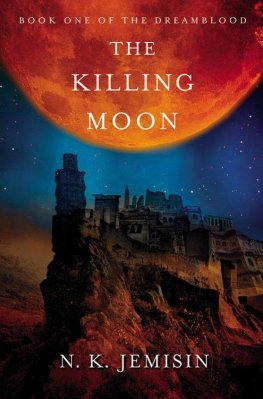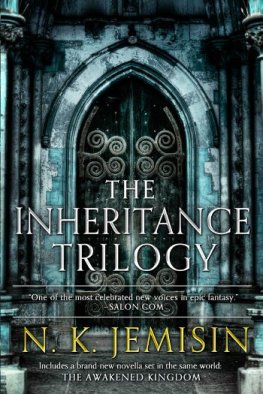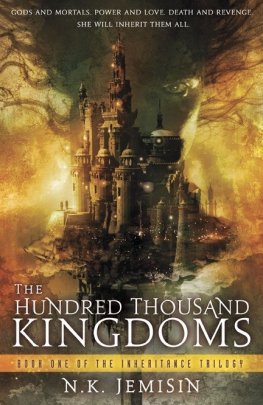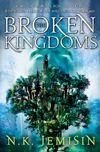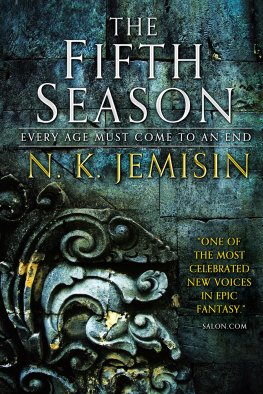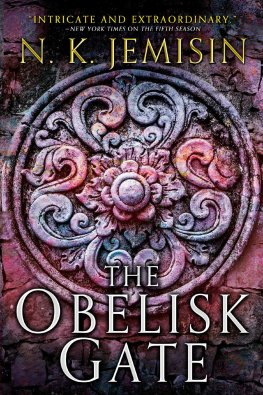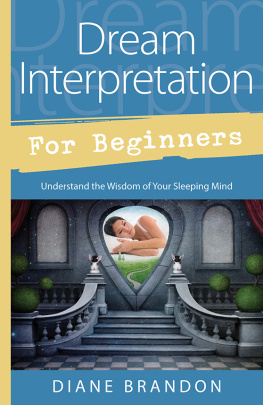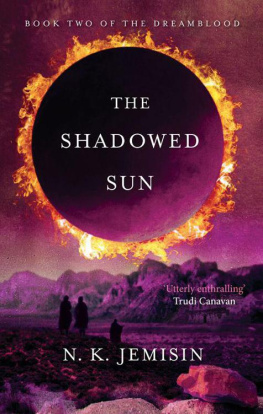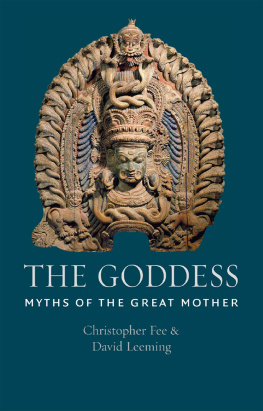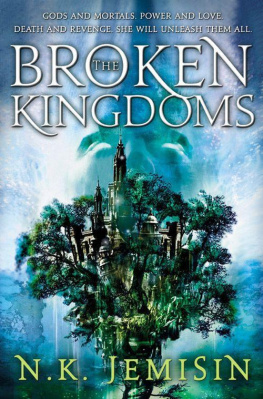The Killing Moon
by N. K. Jemisin
All men dream, but not equally. Those who dream by night in the dusty recesses of their minds wake in the day to find that it was vanity; but the dreamers of the day are dangerous men, for they may act their dreams with open eyes, to make it possible.
T. E. Lawrence,
The Seven Pillars of Wisdom: A TriumphLike most fantasy writers, I have found it challenging to write material influenced by real (if bygone) cultures. In some ways I think it would have been easier to write pure historical fiction, because then I could have used all the artistic and factual information provided by scholarship and science. Since this is a fantasy novel, not a history text, I found myself in the odd position of having to de-historify these tales as much as possiblein effect stripping away the substance of reality while leaving behind only the thinnest broth for flavoring. My goal was to give homage; my goal was not to ape reality. Armchair Egyptologists, you have been forewarned.
In particular I struggled with character names, since many of these cultures names were meaningful compounds of words in their languagesbut this isnt Earth, so I couldnt use those languages. Instead I tried to capture a suitable structure and feel while avoiding compounds that would have meaning in those languages. Since I am by no means an expert, this makes it entirely possible that one or more of my characters has a name that means beloved of cheese or something similar. My apologies if so.
In the dark of dreams, a soul can die. The fears we confront in shadows are as reflections in glass. It is natural to strike a reflection that offends, but then the glass cuts; the soul bleeds. The Gatherers task is to save the soul, at any cost.
(Wisdom)
In the dark of waking, a soul has died. Its flesh, however, is still hungrily, savagely alive.
The Reapers task is not to save.
* * *
The barbarians of the north taught their children to fear the Dreaming Moon, claiming that it brought madness. This was a forgivable blasphemy. On some nights, the moons strange light bathed all Gujaareh in oily swirls of amethyst and aquamarine. It could make lowcaste hovels seem sturdy and fine; pathways of plain clay brick gleamed as if silvered. Within the moonlights strange shadows, a man might crouch on the shadowed ledge of a building and be only a faint etching against the marbled gray.
In this land, such a man would be a priest, intent upon the most sacred of his duties.
More than shadows aided this priests stealth. Long training softened his footfalls against the stone; his feet were bare in any case. He wore little altogether, trusting the darkness of his skin for camouflage as he crept along, guided by the sounds of the city. An infants cry from a tenement across the street; he took a step. Laughter from several floors below his ledge; he straightened as he reached the window that was his goal. A muffled cry and the sounds of a scuffle from an alley a block away; he paused, listening and frowning. But the disturbance ended as sandals pattered on the cobblestones, fading into the distance, and he relaxed. When the love-cries of the young couple next door floated past on a breeze, he slipped through the curtains into the room beyond.
The bedchamber: a study in worn elegance. The priests eyes made out graceful chairs upholstered in fraying fabrics, and wood furnishings gone dull for lack of polish. Reaching the bed, he took care to avoid shadowing the face of the person who slept therebut the old mans eyes opened anyhow, blinking rheumily in the thin light.
As I thought, said the old man, whose name was Yeyezu. His hoarse voice grated against the silence. Which one are you?
Ehiru, said the priest. His voice was as soft and deep as the bedchambers shadows. Named Nsha, in dreams.
The old mans eyes widened in surprise and pleasure. So that is the roses soulname. To whom do I owe this honor?
Ehiru let out a slow breath. It was always more difficult to bestow peace once a tithebearer had been awakened and frightened; that was why the law commanded Gatherers to enter dwellings in stealth. But Yeyezu was not afraid, Ehiru saw at once, so he chose to answer the old mans question, though he preferred to do his work without conversation.
Your eldest son submitted the commission on your behalf, he said. From the hipstrap of his loinskirt he plucked free the jungissa: a thumb-long polished stone like dark glass, which had been carved into the likeness of a cicada. Yeyezus eyes tracked the jungissa as Ehiru raised it. The stones were legend for their rarity as well as their power, and few of Hananjas faithful ever saw one. It was considered and accepted by the Council of Paths, then given to me to carry out.
The old man nodded, lifting a trembling hand toward the jungissa. Ehiru lowered the stone so that Yeyezu could run fingers over its slick, fine-carved wings, though he kept a good grip on its body. Jungissa were too sacred for carelessness. Yeyezus wonder made him look much younger; Ehiru could not help smiling at this.
She has tasted many of your dreams, Yeyezu-Elder, he said, very gently drawing the jungissa out of the old mans reach so he would hear Ehirus words. Yeyezu sighed, but lowered his hand. She has drunk deeply of your hopes and fears. Now She bids you join Her in Ina-Karekh. Will you grant Her this final offering?
Gladly, Yeyezu said, and closed his eyes.
So Ehiru bent and kissed the old mans forehead. Fevered skin, delicate as papyrus, smoothed under his lips. When he pulled away and set the jungissa in place of his kiss, the stone quivered at a flick of his fingernail and then settled into a barely-visible vibration. Yeyezu sagged into sleep, and Ehiru laid his fingertips on the old mans eyelids to begin.
In the relative quiet of the citys evening, the room sounded only of breath: first Ehirus and Yeyezus, then Ehirus alone. Amid the new silencefor the jungissa had stopped vibrating with the dreams endEhiru stood for a few moments, letting the languor of the newly collected dreamblood spread within him. When he judged the moment right, he drew another ornament from his hipthis one a small hemisphere of obsidian whose flat face had been embossed with an oasis rose, the crevices tamped full of powdered ink. He pressed the carving carefully into the skin of Yeyezus bony, still chest, setting his signature upon the artwork of flesh. The smile that lingered on the elders cooling lips was even more beautiful.
Dreams of joy always, my friend, he whispered, before pulling away the sheet and arranging Yeyezus limbs into a peaceful, dignified position. Finally, as quietly as hed entered, he left.
Now flight: along the rooftops of the city, swift and silent. A few blocks from Yeyezus house Ehiru stopped, dropping to the ground in the lee of an old broken wall. There he knelt amid the weeds and trembled. Once, as a younger man, he would have returned to the Hetawa after such a nights work, overwhelmed with joy at the passing of a rich and full life. Only hours of prayer in the Hetawas Hall of Blessings couldve restored his ability to function. He was no longer a young man. He was stronger now; he had learned discipline. Most nights he could perform a second Gathering, and occasionally a third if circumstances requiredthough three would leave him giddy and half a-dream, unsure of which realm he walked. Even a single souls dreamblood could still muddle his wits, for how could he not exult with Yeyezus happiness so palpable within him? Yet for the sake of other suffering citizens of Gujaareh, it was necessary to try. Twice he attempted to count by fours, a concentration exercise, but both times he failed at only four thousand and ninety-six. Pathetic. At last, however, his thoughts settled and the tremors ceased.

